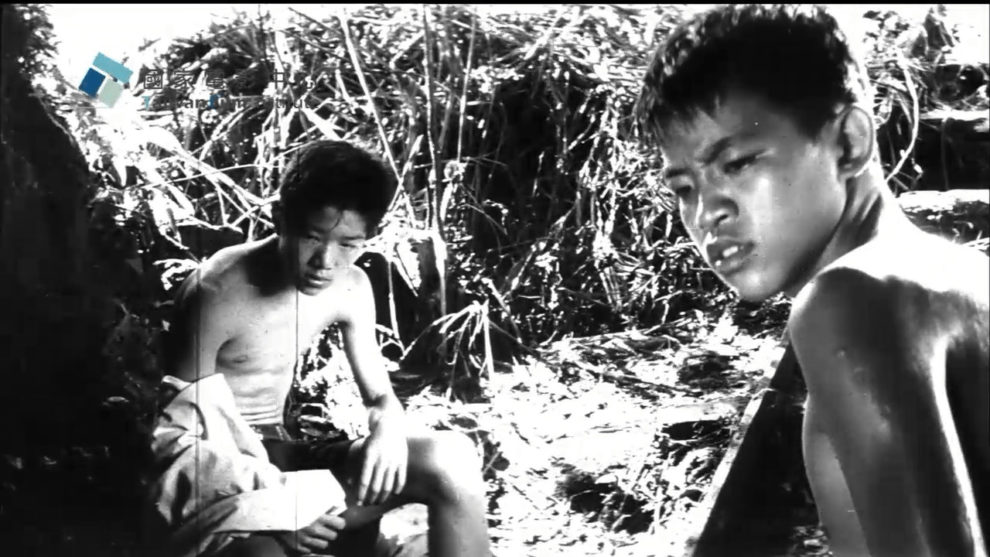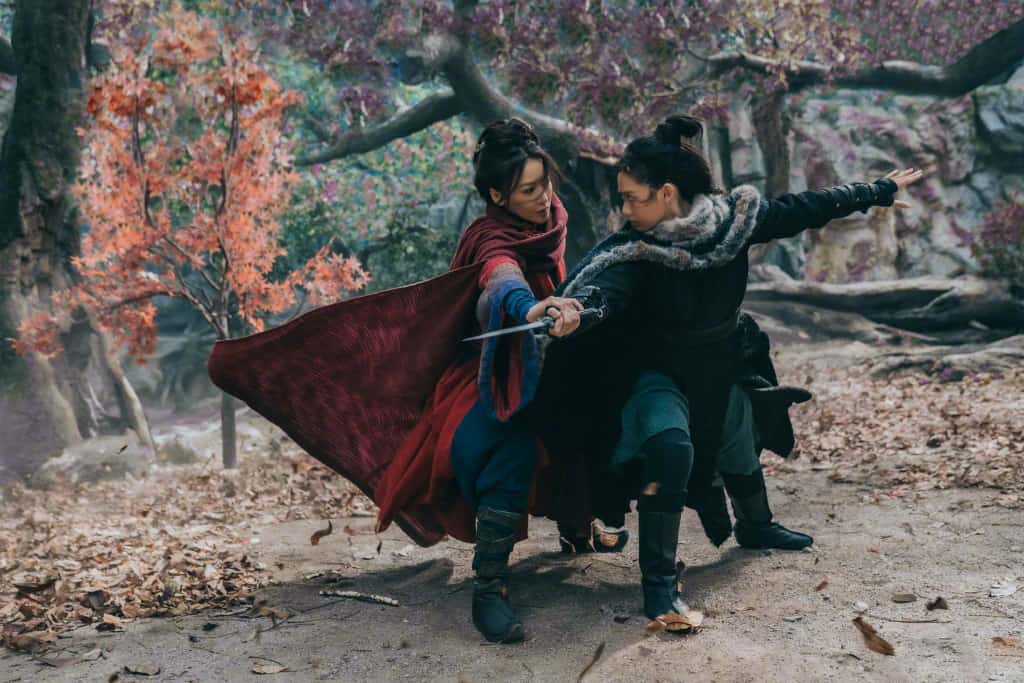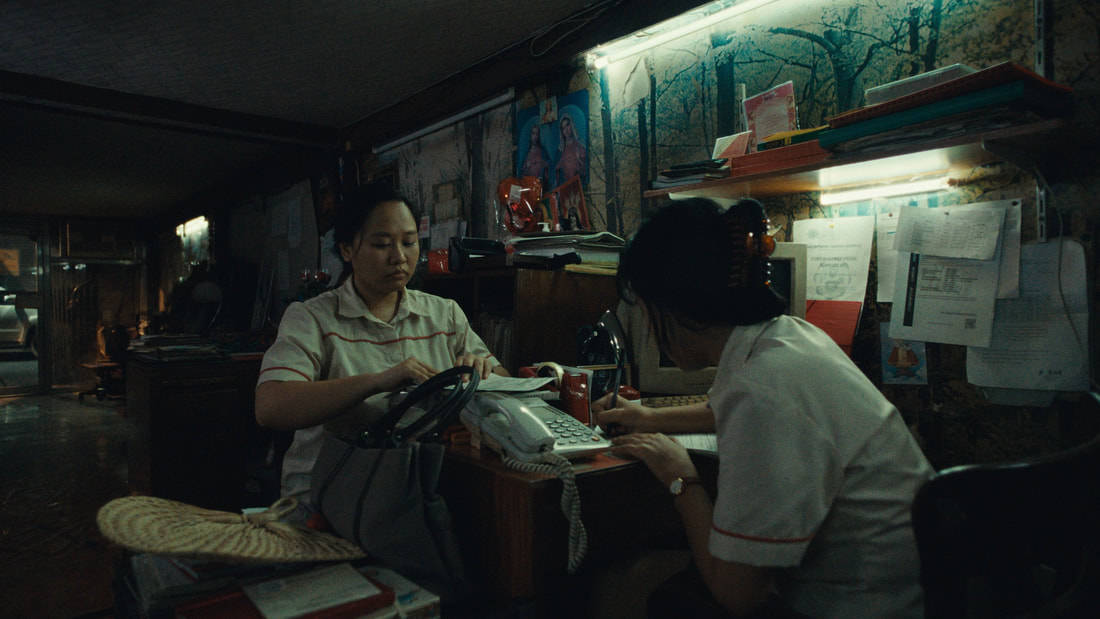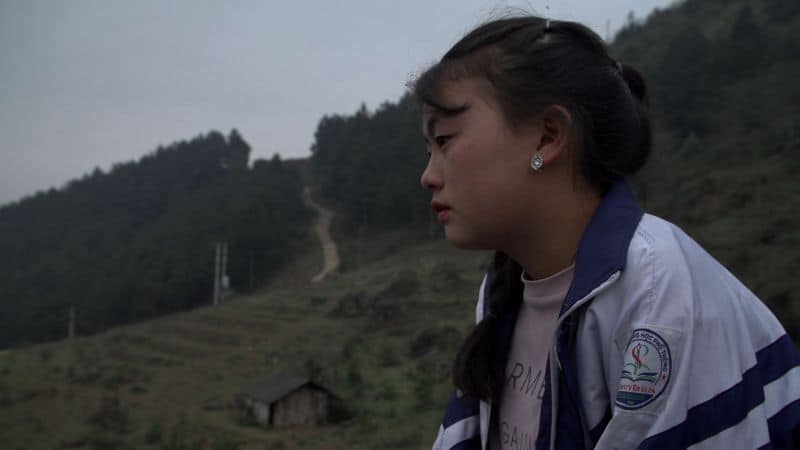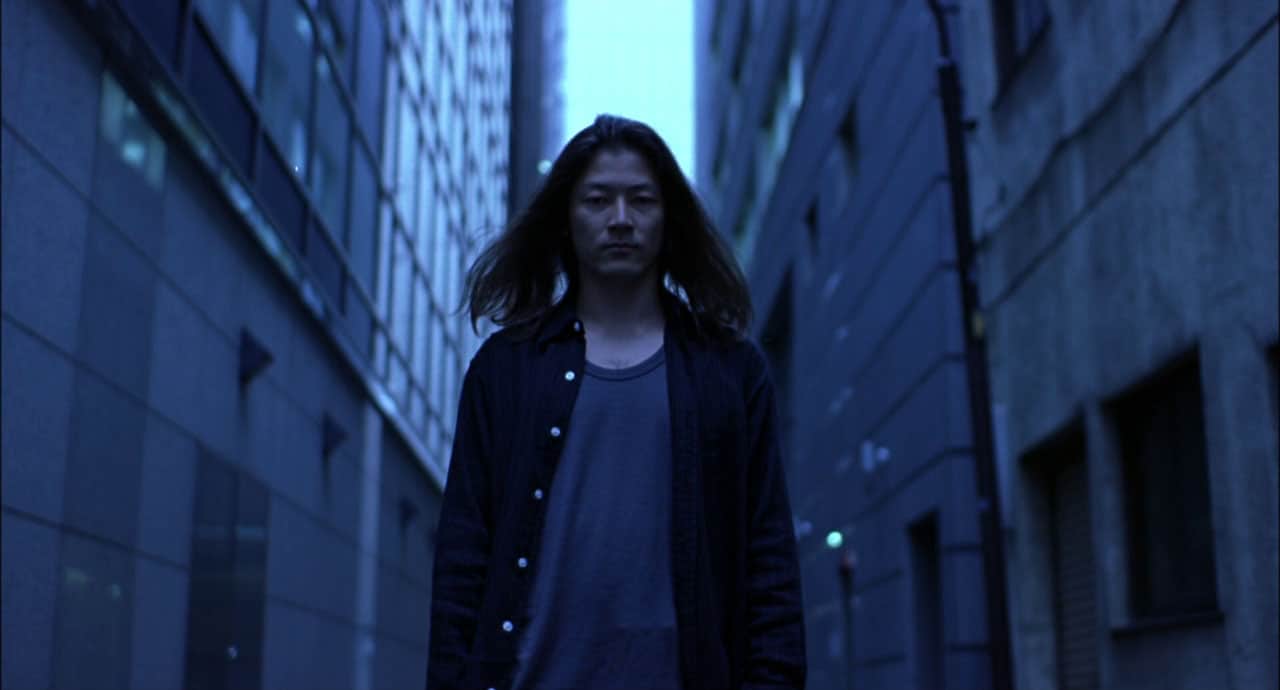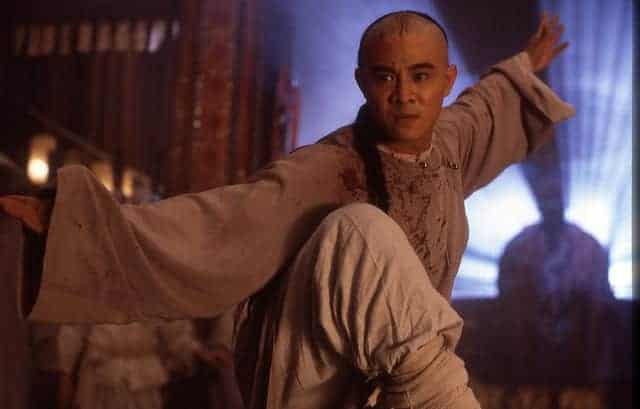Perhaps it is somewhat ironic that a story about relationships or friendships also deals with the aspects which keep people apart. Some of the most iconic works in literature, for example, “The Adventures of Huckleberry Finn” or “Of Mice and Men” on the one hand tell a compelling story about camaraderie and friendship, but on the other hand, through the points which get in the way of two people, authors Mark Twain and John Steinbeck talk about issues like class and how society treats those who are outside the norm. In his 1970 feature “The End of the Track” Taiwanese director Mou Tun-fei uses a similar approach, since the story about the friendship of two teenage boys can, in many ways, be regarded as a metaphor for issues such as social hierarchy, the idea of the social outsider and the high pressure to succeed which puts a great burden on young people. Maybe its realism or grim portrayal of these concepts resulted in the feature being banned for some many years, until it became available once again after Mou Tun-fei's death in 2019.
The End of the Track is screening at Electric Shadows Asian Film Festival
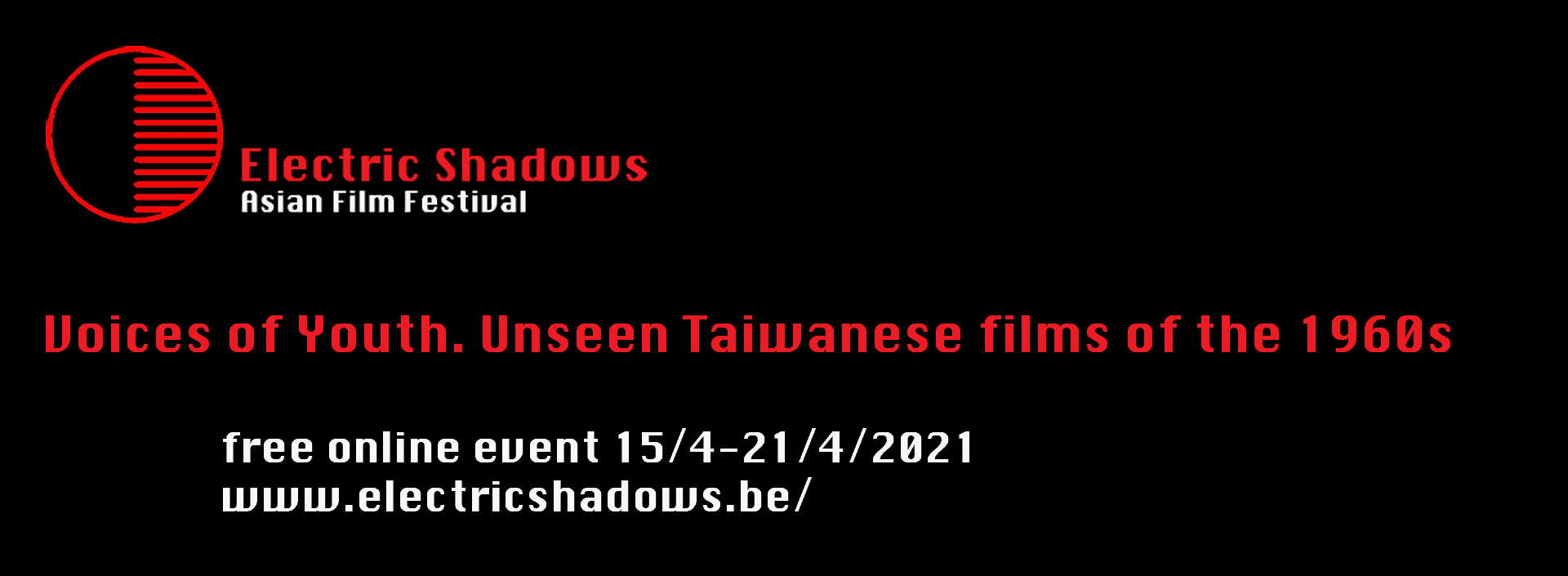
For many years now, Yung-shen (Tsai Tu-yuan) and Hsiao-tung (Chen Da-wai) have been friends and have become almost inseparable. One of their dreams is to be able to escape their hometown, which is why they spent quite some time at the local mine, hoping to find some gold or other riches within. While Hsia-tung also wants to succeed in the school exams, motivated by his ambitious and strict parents, his friend aims to help his mother and father who want to open a noodle shop and buy a store.
However, tragedy strikes as the two friends spend time on the track near their school. As he tries to motivate his friend to run faster and fight against his exhaustion, Hsiao-tung is shocked when he sees Yung-shen breaking down. Eventually his friend even dies from the event, leaving his parents grief-stricken and Hsiao-tung filled with grief as he feels solely responsible for what has happened. Unable to concentrate on anything else, he decides to do everything in his power to help his deceased friend's parents to fulfill their dream of owning a business.
Despite the rather specific cultural context, the characters of “The End of the Track” are easily relatable, especially through their dreams. Appearing literally from the dark in the first minutes of the movie, as the step into the daylight from the darkness of the mine shaft, the bond between the two boys, which is underlined by their dreams of a “long track for running” (Yung-shen) and a “golden abacus” (Hsiao-tung), becomes apparent. Both are bound by their wish to succeed in life and in school, in making their parents proud, but also by their desire to escape or experience a kind of freedom, similar to an athlete during a competition. Mou Tun-fei's and Su Kuang-shun's script divide their story into a tale about innocence and aspirations in the first half which turns into one about the grim social realities which present the greatest challenge for these two characters.
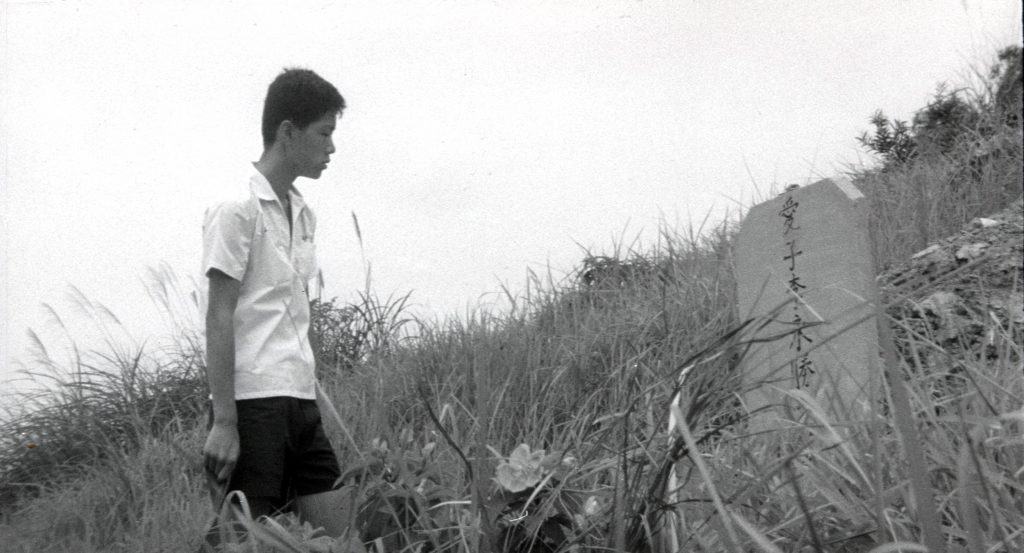
Through the course of the movie, the experience of failing to meet social demands becomes a trauma for Hsiao-tung. The editing by Mou Tun-fei and Huang Chiu-kuei along with Chen Chung-hui's cinematography highlight the importance of the event, the moment Yung-shen broke down exhausted and how his friend motivated him to go further. In the end, this feeling of helplessness and impotence is met with a drive to fulfill his friend's dream, in a way to become a substitute for the deceased son, emphasized by details such as Hsiao-tung wearing his friend's school uniform. However, the drive to “go further” and compete with others is used in many ways, as the experience of grief and trauma is considered a social stigma, when the remaining boy is unable to concentrate on school, resulting in quite a few heated arguments with his father.
Even though the eventual message of the feature feels a bit hamfisted during the final moments of the film, the concept of the “rat race”, the experience of failure and coping with the resulting trauma is quite powerful and thought-provoking. Apart from the aforementioned aesthetic choices this is also thanks to the great ensemble, especially Tsai Tu-yuan and Chen Da-wai, giving great performances within this tale of friendship and social drama.
In the end, “The End of the Track” is an engaging drama about friendship, class and social competition. While the final message could have been handled a bit more subtly, the performances and the majority of the aesthetic choices in Mou Tun-fei's feature make this story a true discovery within Taiwan's cinematic landscape.


